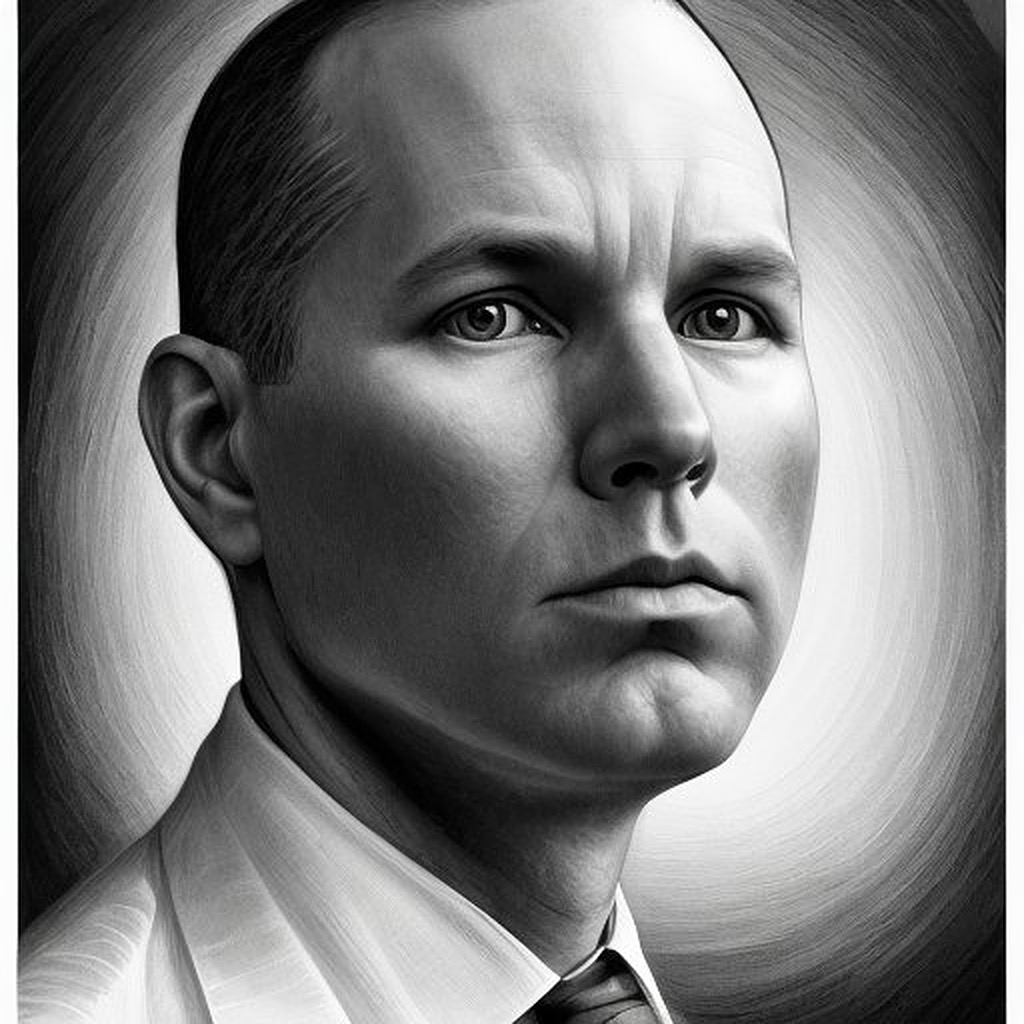The Healing Power of Forgiveness: Embracing Compassion and Growth
- Steve Moak
- Jun 27, 2023
- 2 min read
In the journey of life, we all encounter situations that test our emotions and challenge our ability to forgive. Whether it's a betrayal from a loved one, a hurtful comment, or a painful mistake, holding onto resentment can weigh us down, hindering our personal growth and well-being. However, forgiveness has the extraordinary power to release us from the chains of anger, bitterness, and pain. In this blog post, we will explore the profound significance of forgiveness, its transformative effects on our lives, and how we can cultivate forgiveness within ourselves.
The Nature of Forgiveness:
Forgiveness is a deeply personal and multifaceted concept. It is not about condoning or forgetting the wrongdoing, but rather about choosing to let go of the negative emotions associated with the hurtful experience. It is a process that involves acknowledging our pain, allowing ourselves to grieve, and ultimately making a conscious decision to release the burden of resentment. Forgiveness is not a sign of weakness; instead, it requires great strength and courage to embrace compassion and empathy in the face of hurt.
The Benefits of Forgiveness:
Emotional Healing: Forgiveness offers profound emotional healing by reducing anger, bitterness, and resentment. It allows us to break free from the cycle of negativity and find inner peace.
Restored Relationships: Forgiveness has the power to mend broken relationships. By offering and accepting forgiveness, we create space for understanding, empathy, and reconciliation.
Personal Growth: Forgiveness is a transformative journey that fosters personal growth. It helps us develop resilience, empathy, and compassion, enabling us to cultivate healthier relationships and live a more fulfilling life.
Mental and Physical Well-being: Research has shown that holding onto grudges and resentment can have detrimental effects on our mental and physical health. Letting go through forgiveness can lead to reduced stress, improved cardiovascular health, and increased overall well-being.
Cultivating Forgiveness:
Self-reflection: Begin by reflecting on your emotions and the impact the situation has had on your life. Acknowledge your pain, anger, and resentment. This self-awareness is crucial for understanding the need for forgiveness.
Empathy and Compassion: Try to put yourself in the shoes of the person who caused the hurt. Understand that everyone makes mistakes and that we are all capable of growth and change. Cultivate empathy and compassion towards yourself and others.
Release and Let Go: Recognize that forgiveness is a choice and a gift you give yourself. Decide to release the negative emotions and the hold they have over your life. Understand that forgiveness does not happen overnight but is a gradual process.
Seek Support: If forgiveness feels challenging, consider seeking support from a trusted friend, family member, or therapist. Talking about your feelings and seeking guidance can provide valuable insights and help you navigate the path to forgiveness.
Forgiveness is a transformative act of self-liberation that allows us to heal, grow, and create a brighter future. By embracing forgiveness, we release ourselves from the shackles of anger, resentment, and bitterness, opening up space for compassion, understanding, and personal growth. Remember, forgiveness is not an easy journey, but its rewards are immeasurable. So, let go, embrace compassion, and pave the way for a more fulfilling and joyful life.
Remember, forgiving others doesn't mean you have to trust them blindly or keep toxic relationships. Forgiveness is ultimately about freeing yourself from the burden of negative emotions and embracing a path of healing and personal growth.





Comments